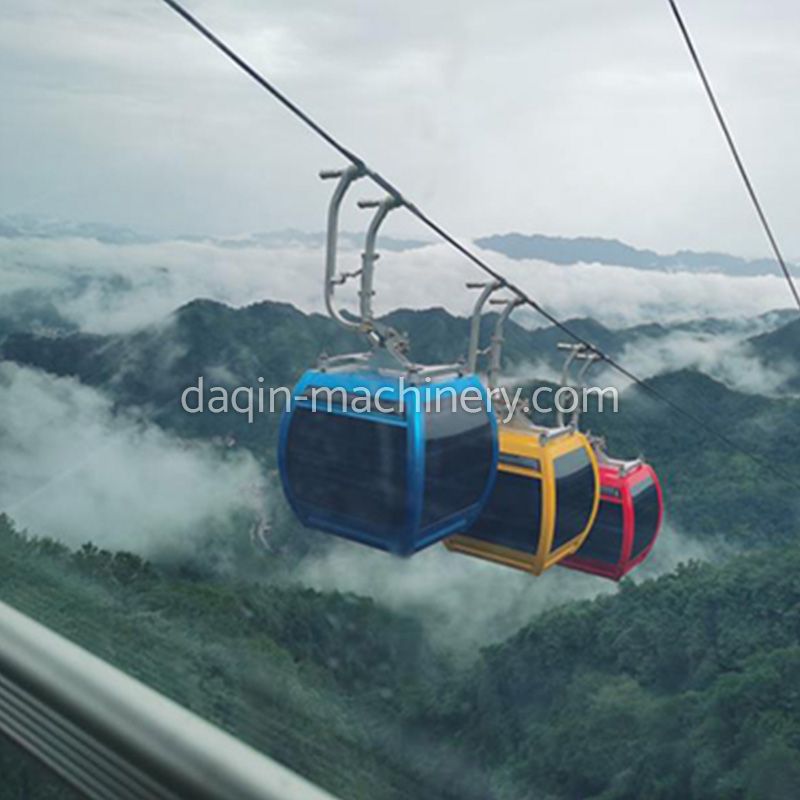What is a cableway used for?
A cableway, often referred to as a ropeway or aerial tramway, is a sophisticated transportation system that utilizes cables and supporting structures to move passengers, goods, or materials across varying distances and terrains. This ingenious mode of transport has found diverse applications across different industries and settings. Let's delve into the versatile uses of cableways:
1. Public Transportation: Cableways serve as an efficient and unique mode of public transportation, especially in areas with challenging topography. They can connect different levels of a city, providing residents with a convenient and reliable means of getting from one point to another. Cable cars and funiculars are often used for urban transportation, offering scenic views and reducing traffic congestion.
2. Tourism and Recreation: Cableways are frequently employed in the tourism and recreational sectors to provide visitors with breathtaking views and memorable experiences. Gondola lifts, aerial tramways, and chairlifts are commonly found in ski resorts, amusement parks, and tourist attractions, offering panoramic vistas and access to elevated viewpoints.
3. Access to Remote Areas: Cableways are invaluable for providing access to remote or isolated regions, where conventional transportation methods may be impractical. In rugged terrains, such as mountains, valleys, and dense forests, cableways facilitate the movement of people and supplies, enabling communities to stay connected and receive essential resources.

4. Industrial Applications: Cableways play a pivotal role in various industrial sectors. Material ropeways are used to transport bulk goods, minerals, and heavy materials across challenging landscapes, including rivers and steep inclines. These ropeways streamline logistical operations and reduce the need for costly infrastructure.
5. Mining and Quarrying: In mining and quarrying operations, Chair cableways are essential for transporting extracted materials from remote mining sites to processing facilities or transportation hubs. They offer a cost-effective solution for moving large quantities of minerals, aggregates, and other resources over difficult terrain.
6. Forestry and Logging: Cableways are utilized in forestry and logging to efficiently transport felled trees and timber from remote forests to processing facilities. This reduces the environmental impact of traditional ground-based transportation methods and minimizes disruption to fragile ecosystems.
7. Agriculture and Farming: Cableways can aid in agricultural activities by assisting with the movement of crops, produce, and livestock. They are particularly useful in areas with limited road access or where transporting goods over rough terrain is challenging.
8. Emergency and Rescue Operations: Cableways can serve as crucial tools in emergency situations, such as natural disasters or search and rescue missions. They enable swift and safe evacuation of people from areas that are difficult to access by conventional means.
9. Construction and Infrastructure Development: During construction projects, cableways can be temporarily installed to transport construction materials, equipment, and personnel to elevated or remote worksites. This enhances efficiency and reduces the need for costly on-site transportation solutions.
In conclusion, cableways are versatile systems that find application in a wide range of industries and scenarios. From enhancing public transportation and facilitating tourism to aiding remote access and supporting industrial operations, Daqin cableways offer innovative solutions for overcoming geographical challenges and improving connectivity in diverse settings.



